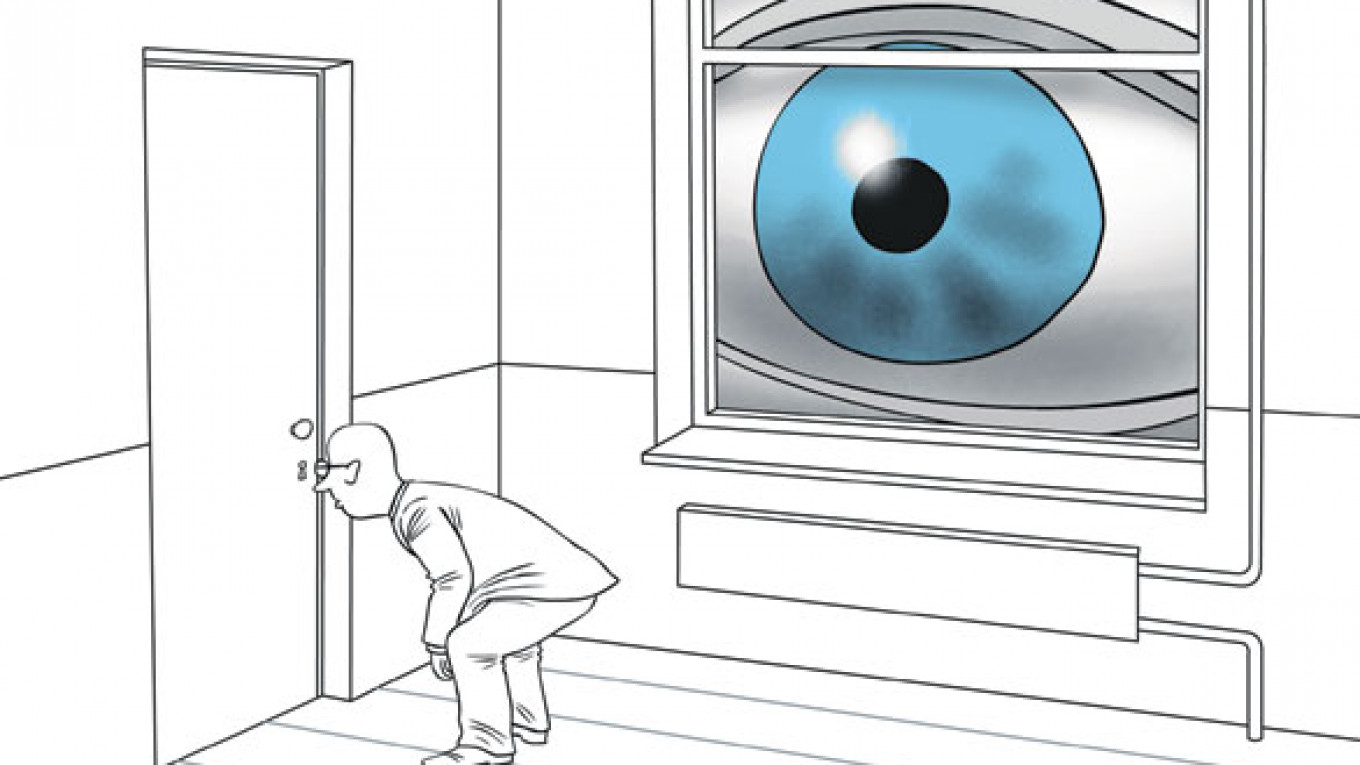A few weeks ago the Russian blogosphere was shocked by a story out of Vladivostok involving a single mother who was diagnosed with breast cancer. The waiting list for an operation was so long that she decided to take her fate into her own hands. Since she had four years of medical school education, she gave herself a local anesthetic, picked up a scalpel and excised the tumor. She did the operation in her living room, having first closed her two daughters in the kitchen.
As barbaric as this case was, it reflected a remarkable change in the Russian mentality. Russians are beginning to give up the flawed belief, grounded in decades of Soviet paternalism, that the government should solve their problems. Now, they are taking charge of their own affairs.
For example, when fires broke out this summer, the online community pozar_ru appeared on LiveJournal. With the help of this site, volunteers are forming groups that travel to put out fires to this day. They are also coordinating the collection and distribution of assistance to fire victims.
Last week, the Internet helped victims in a different way. A local web site in Ryazan reported that two trucks with humanitarian aid sent all the way from Novosibirsk had arrived in the town of Shatsk and were sent by local bureaucrats straight to the dump. When the news was picked up by the mainstream media, the authorities were forced to take measures, including firing the official in charge of local aid to fire victims.
Now in Russia, the Internet has become a collective watchdog that is forcing bureaucrats to move more quickly than they are used to. And the Internet is not just having an impact on how some bureaucrats work. It's changing police work, too.
On Sept. 1, on the road between Yekaterinburg and Tyumen, a group of men jumped out of their cars and attacked another car. The suspects broke the windows with baseball bats and shot up the windshield with rubber bullets. The police couldn't find the suspects. According to the official police version, the attackers' cars had no license plates, and a search of the local villages turned up nothing.
"Did you get the police version?" asked LiveJournal user piligrim_67. "Three boys from a village wearing gold chains were tired of shoveling pig [expletive]. So they jumped into their simple 'village cars' &mdash an Audi, a Volkswagen and an Opel &mdash and hit the highway. They roughed up a stranger passing through and returned to their villages, where they went back to shoveling pig [expletive]."
The blogger was enraged by the police's inability &mdash or lack of desire &mdash to find the suspects. And so piligrim_67 decided to investigate himself.
A few clicks on Google turned up some clues. That day, two drivers had seen cars that seemed to match the description of the attackers' cars. The cars had been breaking traffic laws left and right. Someone had even taken a photograph of the cars and posted it on Internet. In the photo, you can clearly see the license plate of one car that the traffic inspector's version claimed was missing.
With the license plate number, it wasn't hard to discover the identity of at least one of the drivers. By the end of his second day of work as a private detective, piligrim_67 had already posted his photographs. It turned out that he was the son of a local small-town oligarch, who was a deputy in the local legislature and a member of the ruling United Russia party.
Perhaps it explains why the police, who had their work done for them by the blogger, did nothing. But at this point, piligrim_67's blog was read in the Urals city of Bogdanovichi, where the victim lived. Men in the Urals are very different from their coddled peers in the civilized big cities. A group of them got together and drove &mdash with baseball bats in hand &mdash to the address of the suspect. The police had a hard time convincing them to go back home. To avoid a Urals lynch mob, the police had to detain one of the three suspects, only to let him go without bail the next day.
That was probably a mistake. To keep the suspects alive and well, the police should have probably arrested them. In the information age, though, they can run but they can't hide. The 21st-century Big Brother known as the Internet is watching them.
Victor Davidoff is a Moscow-based writer and journalist.
A Message from The Moscow Times:
Dear readers,
We are facing unprecedented challenges. Russia's Prosecutor General's Office has designated The Moscow Times as an "undesirable" organization, criminalizing our work and putting our staff at risk of prosecution. This follows our earlier unjust labeling as a "foreign agent."
These actions are direct attempts to silence independent journalism in Russia. The authorities claim our work "discredits the decisions of the Russian leadership." We see things differently: we strive to provide accurate, unbiased reporting on Russia.
We, the journalists of The Moscow Times, refuse to be silenced. But to continue our work, we need your help.
Your support, no matter how small, makes a world of difference. If you can, please support us monthly starting from just $2. It's quick to set up, and every contribution makes a significant impact.
By supporting The Moscow Times, you're defending open, independent journalism in the face of repression. Thank you for standing with us.
Remind me later.








